Philippe Jorrand, Marie Lalire (auth.), Jean-Pierre Banâtre, Pascal Fradet, Jean-Louis Giavitto, Olivier Michel (eds.)3540278842, 9783540278849
Table of contents :
Front Matter….Pages –
Front Matter….Pages 1-1
From Quantum Physics to Programming Languages: A Process Algebraic Approach….Pages 1-16
Front Matter….Pages 17-17
Chemical Computing….Pages 19-32
Programming Reaction-Diffusion Processors….Pages 33-46
From Prescriptive Programming of Solid-State Devices to Orchestrated Self-organisation of Informed Matter….Pages 47-55
Relational Growth Grammars – A Graph Rewriting Approach to Dynamical Systems with a Dynamical Structure….Pages 56-72
A New Programming Paradigm Inspired by Artificial Chemistries….Pages 73-83
Higher-Order Chemical Programming Style….Pages 84-95
Front Matter….Pages 97-97
Introduction to Amorphous Computing….Pages 99-109
Abstractions for Directing Self-organising Patterns….Pages 110-120
Programming an Amorphous Computational Medium….Pages 121-136
Computations in Space and Space in Computations….Pages 137-152
Front Matter….Pages 153-153
Bio-inspired Computing Paradigms (Natural Computing)….Pages 155-160
Inverse Design of Cellular Automata by Genetic Algorithms: An Unconventional Programming Paradigm….Pages 161-172
Design, Simulation, and Experimental Demonstration of Self-assembled DNA Nanostructures and Motors….Pages 173-187
Membrane Systems: A Quick Introduction….Pages 188-195
Cellular Meta-programming over Membranes….Pages 196-206
Modelling Dynamically Organised Colonies of Bio-entities….Pages 207-224
P Systems: Some Recent Results and Research Problems….Pages 225-237
Outlining an Unconventional, Adaptive, and Particle-Based Reconfigurable Computer Architecture….Pages 238-253
Front Matter….Pages 255-255
Autonomic Computing: An Overview….Pages 257-269
Front Matter….Pages 255-255
Enabling Autonomic Grid Applications: Dynamic Composition, Coordination and Interaction….Pages 270-285
Grassroots Approach to Self-management in Large-Scale Distributed Systems….Pages 286-296
Autonomic Runtime System for Large Scale Parallel and Distributed Applications….Pages 297-311
Front Matter….Pages 313-313
Towards Generative Programming….Pages 315-325
Overview of Generative Software Development….Pages 326-341
A Comparison of Program Generation with Aspect-Oriented Programming….Pages 342-354
Generative Programming from a Post Object-Oriented Programming Viewpoint….Pages 355-366
Back Matter….Pages –
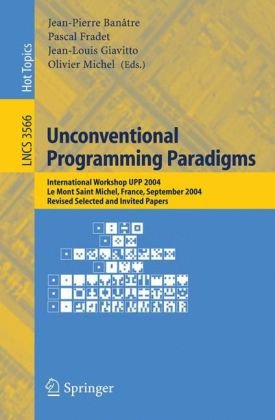
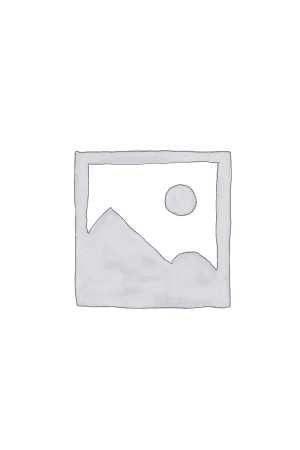
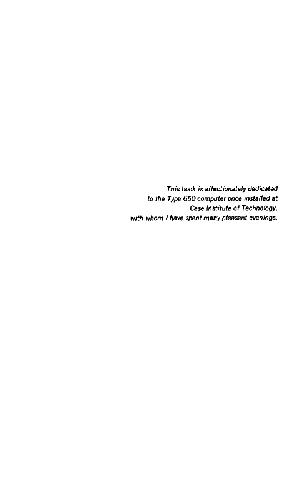
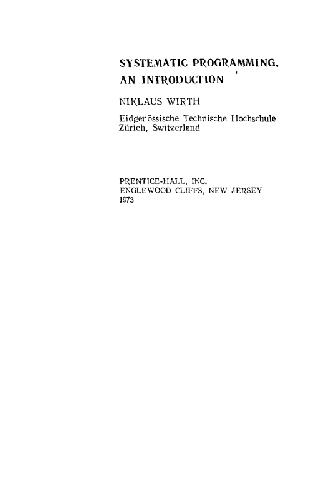

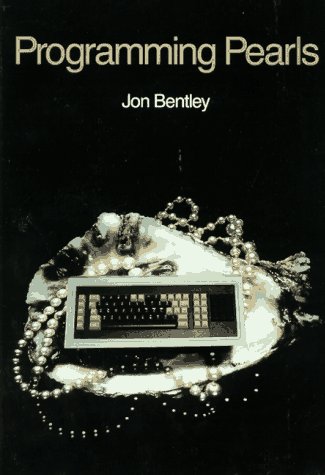
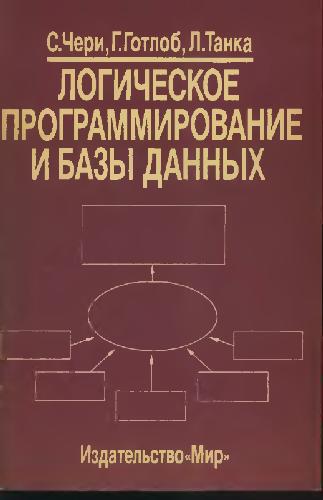
Reviews
There are no reviews yet.